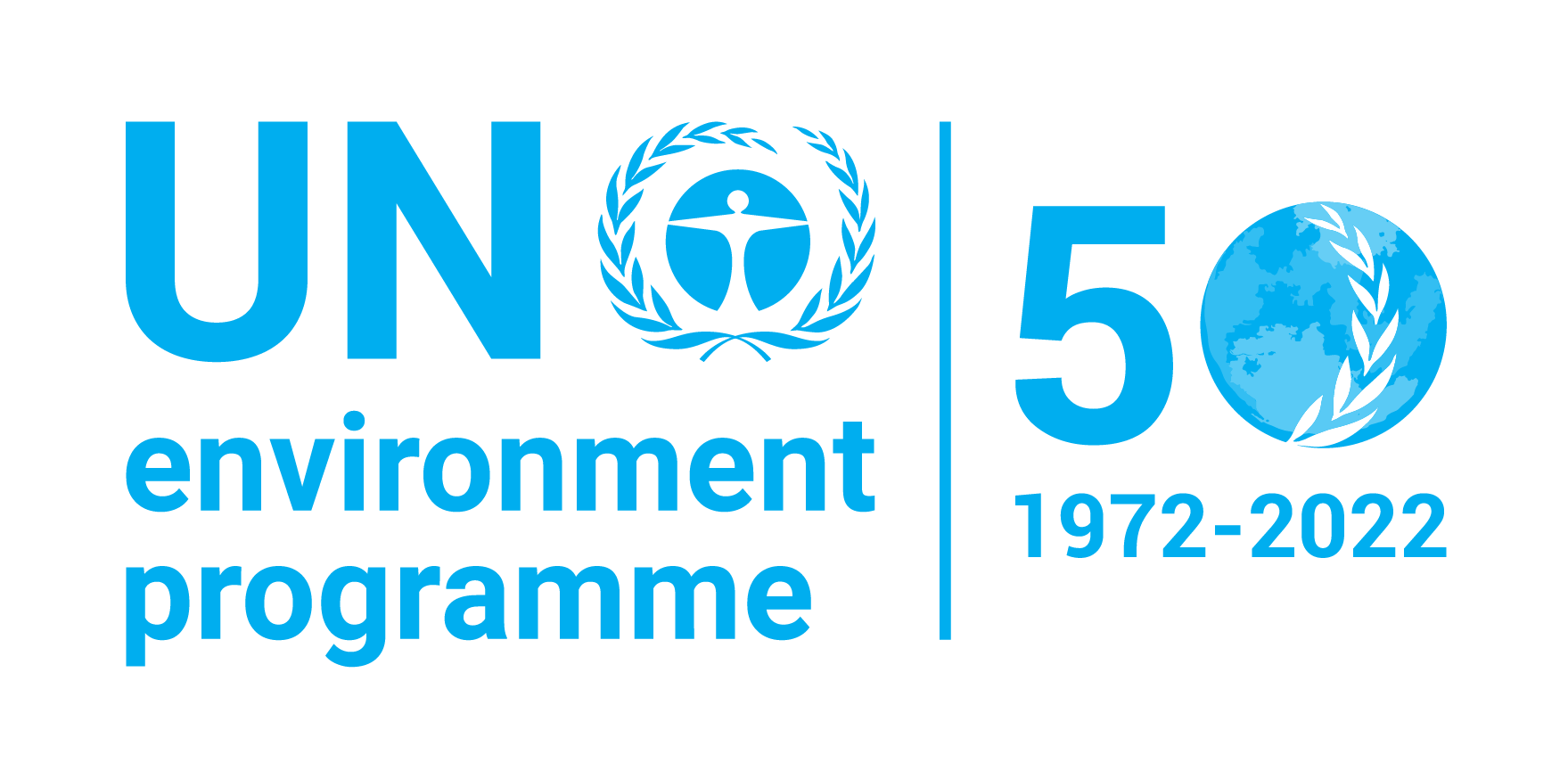| dc.contributor | Science Division | en_US |
| dc.contributor.author | United Nations Environment Programme | en_US |
| dc.contributor.author | United Nations Educational, Scientific and Cultural Organization | en_US |
| dc.coverage.spatial | Global | en_US |
| dc.date.accessioned | 2019-08-09T06:38:10Z | |
| dc.date.available | 2019-08-09T06:38:10Z | |
| dc.date.issued | 1988 | |
| dc.identifier.uri | http://hdl.handle.net/20.500.11822/29301 | |
| dc.description | The Sixth Session of the GESANP Working Group on the Interchange of Pollutants between the Atmosphere and the Oceans stressed the impact of contaminants on climate. This included the effects of such "greenhouse" gases as CO2 increasing temperature and aerosols decreasing temperature, as well as contaminants and processes at the air-sea interface that affect the interchange of energy and material which could affect climate regionally and even globally. | en_US |
| dc.format | Text | en_US |
| dc.language | English | en_US |
| dc.rights | Public | en_US |
| dc.subject | AEROSOLS | en_US |
| dc.subject | TEMPERATURE | en_US |
| dc.subject | OCEANS | en_US |
| dc.subject | GREENHOUSE GASES | en_US |
| dc.subject | CLIMATE | en_US |
| dc.title | Interaction of the Oceans with Greenhouse Gases and Atmospheric Aerosols - UNEP Regional Seas Reports and Studies No. 94 | en_US |
| dc.type | Reports and Books | en_US |
| wd.identifier.sdg | SDG 13 - Climate Action | en_US |
| wd.identifier.sdg | SDG 14 - Life Below Water | en_US |
| wd.tags | Coastal and Marine Ecosystems | en_US |
| wd.tags | Pollution | en_US |
| wd.tags | Regional seas | en_US |
| wd.topics | Climate change | en_US |
| wd.topics | Ecosystems | en_US |
| wd.topics | Oceans & seas | en_US |
| wd.topics | Water | en_US |
| wd.identifier.pagesnumber | 26 p. | en_US |


